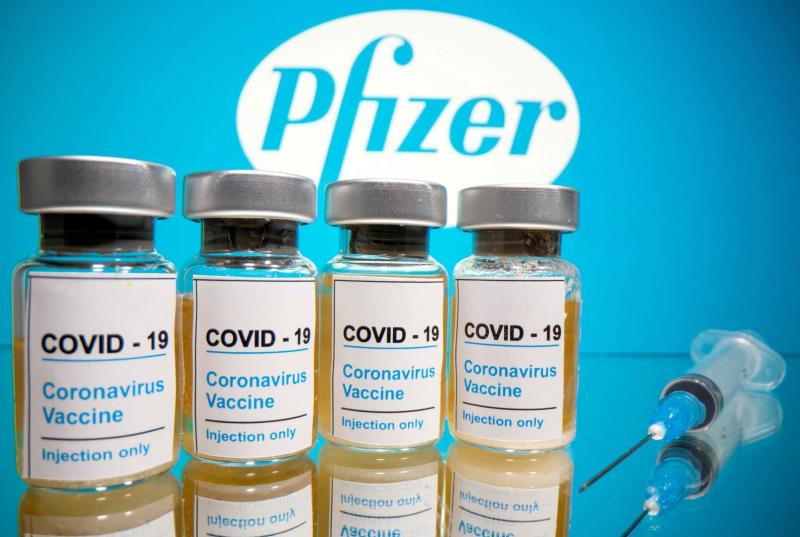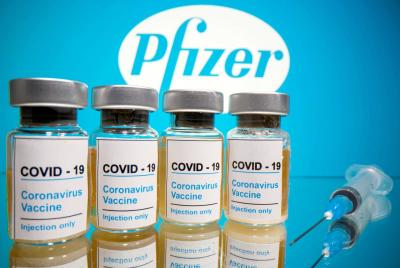The largest real-world study to date concerning the Pfizer/BioNTech vaccine confirmed on Thursday that the vaccine provided over 95% protection against COVID-19. However, it found that the level of protection significantly decreased when individuals received only one dose instead of the two recommended doses.
The study's authors, based on Israel's national vaccination campaign, presented real-world evidence that the pandemic could be eradicated through rapid global vaccination programs. An analysis of health data from Israel, one of the countries with the highest percentage of fully vaccinated adults, indicated that the vaccine was highly effective in protecting the elderly during the period when the more infectious British variant of the virus was dominant, as reported in "The Lancet" medical journal.
By early April, about five million people in Israel had received two doses of the Pfizer/BioNTech vaccine, which is over 70% of the population. The study found that two doses provided a 95.3% protection rate against infection and a 96.7% protection rate against death seven days after the second dose. After 14 days, these rates increased to 96.5% and 98%, respectively.
However, the protection rate was significantly lower for individuals who had received only one dose of the vaccine. Between seven and 14 days after the first dose, the protection rate against infection was 57.7%, while the protection rate against death was 77%.
The study's authors noted that a single dose may provide a shorter window of protection, especially in environments where new virus variants are emerging. Jonathan Ball, a professor of molecular virology at the University of Nottingham who did not participate in the research, pointed out that "more importantly, the study shows that two doses of the vaccine significantly enhance immunity and protection." He added, "That is why it is important for people to get both doses."




